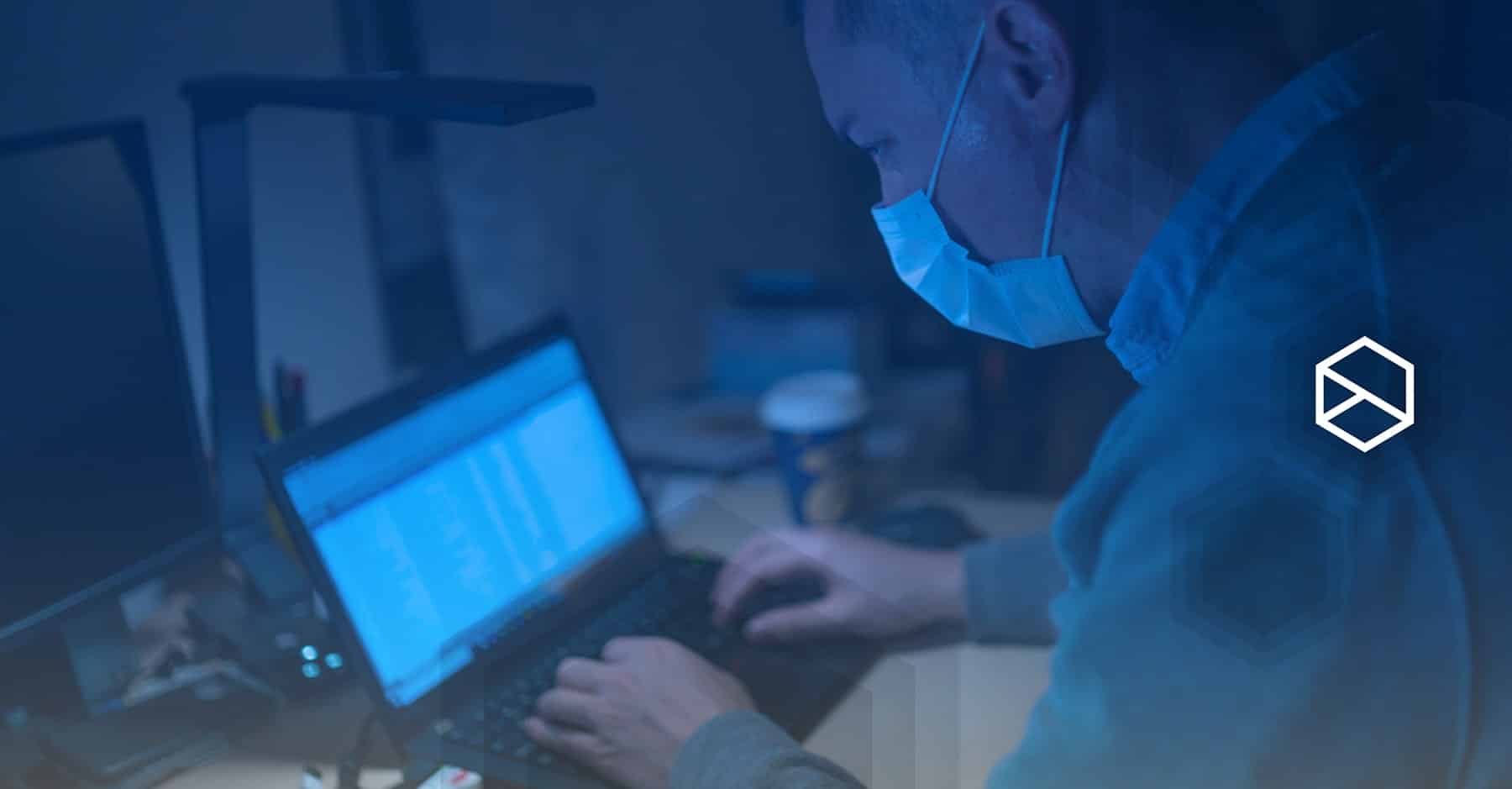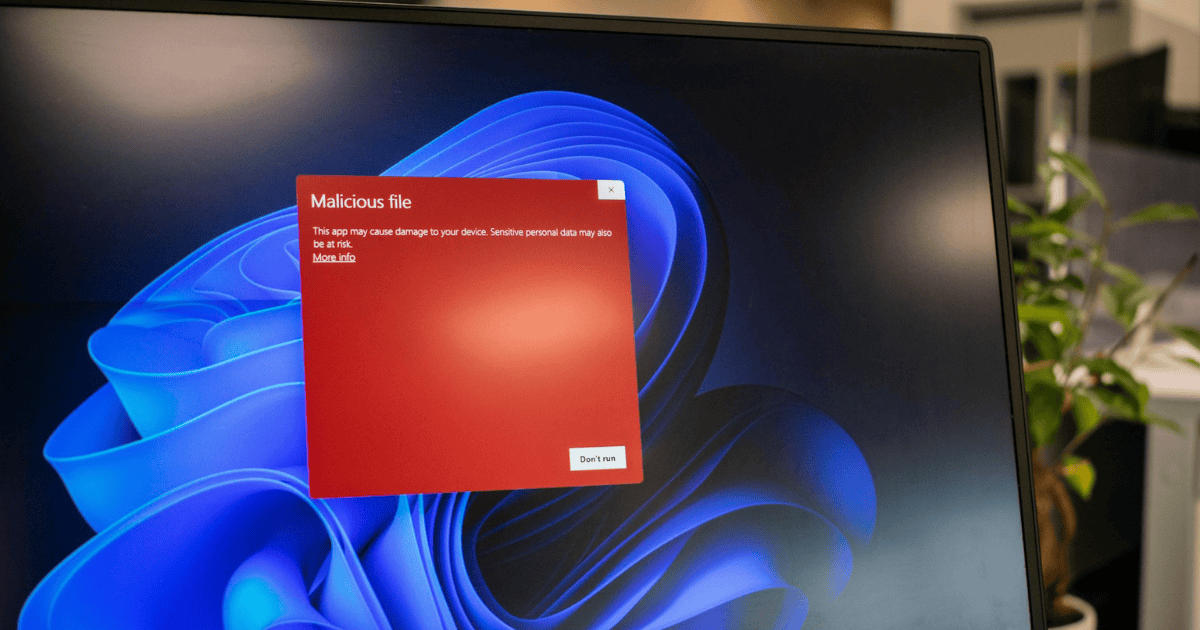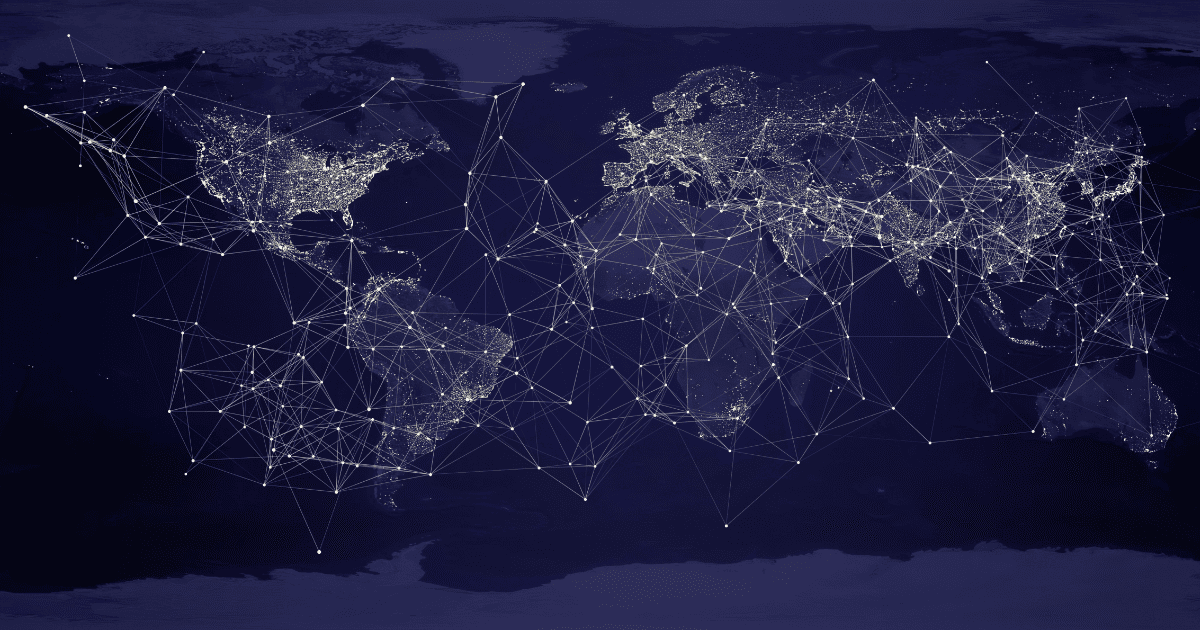Last Updated on 8 June 2023 by admin
COVID-19 has reshaped our world, posing huge challenges biologically, economically, and technologically for billions of people. This blog post will cover some of the latest insights and tips for better cyber security to help you and your organization navigate through these unprecedented times, whether you are continuing to work from home or re-entering the office environment.
Cyber attacks have surged during 2020
Fuelling the digital transformation of business, many of us have had to embrace remote working as offices closed their doors in an attempt to reduce social contact. As businesses continued to operate despite the shift in work style, we saw a dramatic surge in both the risk and frequency of cyber-attacks.
Due to a worldwide higher dependency on digital infrastructure, cyber-criminals have seized their opportunity. Hackers have proved both relentless and entrepreneurial over the last six months, and will likely continue to exploit and capitalize on the lucrative situation.
There has been a 63% increase in cyber-crime relating to the pandemic. The significant rise in phishing and ransomware attacks has placed greater emphasis on the need for cyber security. Even the World Health Organization (WHO) was targeted. In fact, the WHO saw a five-fold increase in cyber attacks since the beginning of the pandemic.
Organizations can become victims of cyber-crime no matter their size, so securing your digital environment is critical as the repercussions can be detrimental.
Our tips for better security during the pandemic
In the wake of the pandemic, it is important to consider long-term and proactive security measures you can implement to ensure you operate securely.
1. Still working from home? Avoid using personal devices and configure WiFi-encryption
Millions of people have had to resort to using their personal devices to work from home over the past few months. As a result of this change in environment, their network is unlikely to be as well protected as a corporate wireless network. With more remotely accessible entry points those that do work from home are more likely to experience an attack. For some, you can easily secure your WiFi, but others might have to use an unsecured public network while working from home. These are hotspots for malicious attackers to spy on internet traffic and access data.
2. Wherever you’re working, remain vigilant for scams
Phishing scams often play on real-world problems and fear, so the pandemic has been a great chance for malicious and opportunistic attackers to weaponize emails – especially as remote workers are relying heavily on this form of communication. Google has been blocking over 100 million phishing emails per day. See Our guide to spotting a phishing email to learn more about staying vigilant.
3. Make sure passwords are strong
By using a unique mix of uppercase and lowercase letters, numbers, and special characters, you can better secure your devices. Using the same password for multiple devices and accounts is a big security ‘no-no. All it takes is for one compromised password for a hacker to take over all the associated accounts. We recommend thinking about using a password manager tool, they are easy to use and are becoming increasingly popular too.
A complex password in combination with two-factor authentication is a much more effective method of security, you can receive a text message or email confirmation that you can approve instantly.
4. Update your antivirus software
Although software updates can be admittedly annoying, they are really important for keeping your digital environment safe as they usually contain amends to their security programs. Our advice is to run them overnight so it doesn’t affect productivity.
5. Security awareness training
As cyber security incidents are at an all-time high, awareness of what’s at stake is key. Human error accounts for a significant amount of breaches, so enforcing a good understanding of the best cyber security practices and preparedness is indispensable. Employees need to be mindful of the increased phishing and ransomware attacks, as hackers prey on the unnerving climate. The government back Cyber Essentials scheme is a good place to start.
In order to keep your environment safe, you must revise and test your resilience plans frequently.
A robust response for the new normal
Cyber security in the age of COVID-19 has tested the strength of systems and security strategies. Working from home en masse has posed a variety of challenges, but we can return to work prepared as we evolve and adapt to the ‘new normal.
Informer simplifies cyber security, helping you understand the threats you face while giving you full visibility of your real-time attack surface, providing smarter, faster and, more accurate security decision-making. It’s our priority to get your organization back on track during this uncertain climate.
To find out more about how we can help your organization gain digital resiliency in order to continue without disruption get in touch today.





